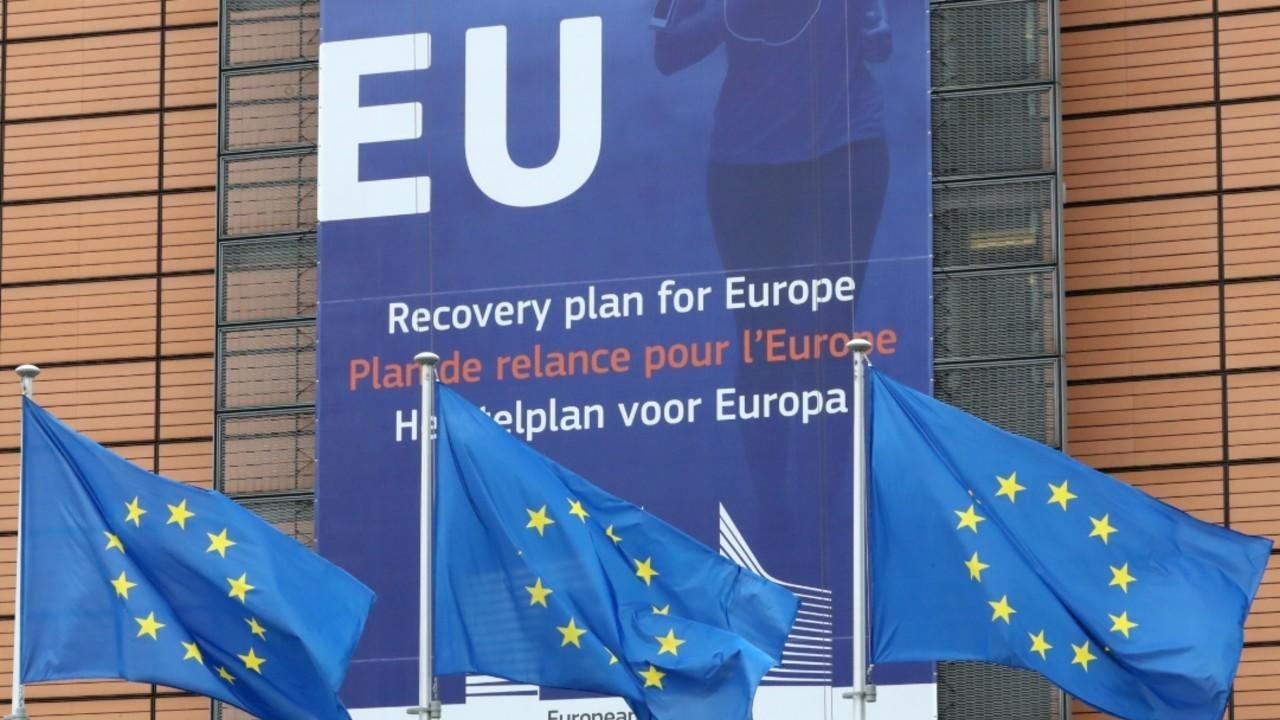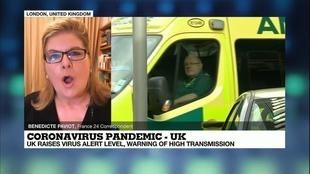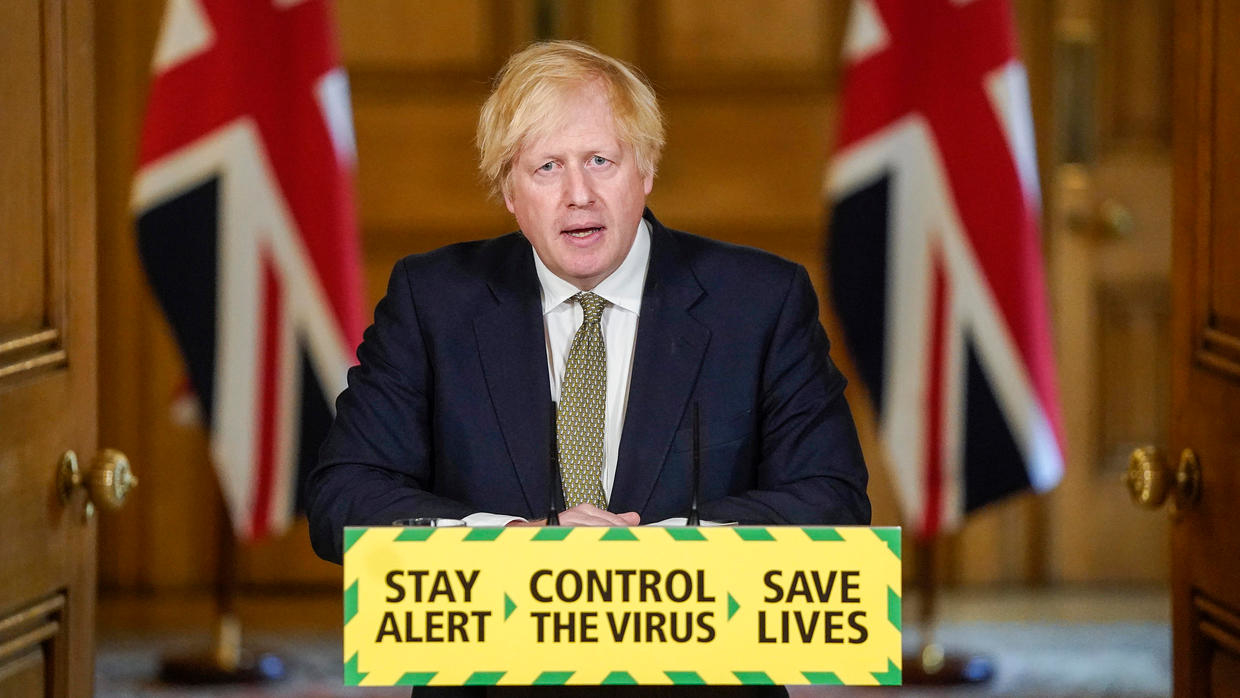EU leaders meet to tackle disputes over Turkey, Belarus and budget

Issued on:
European leaders meet on Thursday to tackle rifts that threaten their huge coronavirus recovery package and weaken their ability to respond to crises on their borders with Turkey and Belarus.
Advertising Read more
The first night of the extraordinary two-day European Union summit will be dominated by the bloc's tricky ties with Ankara, which is embroiled in a dangerous maritime stand-off with Greece and Cyprus.
But the leaders will reluctantly be forced to address an internal argument about tying access to EU funds to a member state's support for the rule of law — an idea fiercely opposed by Hungary.
At a turbulent four-day marathon summit in July the leaders agreed to borrow to build a 750-billion-euro corona stimulus fund, to be backed by a trillion-euro long-term EU budget.
But the speaker of the European Parliament, David Sassoli, will warn the national heads at the start of their meeting that MEPs oppose cuts to key EU programmes in the budget plan and want 100 billion euros more.
The parliament could yet withhold approval for the package, and Hungary and Poland could also block the deal if their access to funds is linked to their respect for EU legal and democratic values.
The so-called "frugal countries" — the Netherlands, Sweden, Austria, Denmark and Finland — oppose restoring the budget cuts and insist on the importance of the rule of law.
A German compromise proposal, which would see states only fined for rule of law breaches involving the spending of EU funds, narrowly won the support of EU ambassadors ahead of the summit on Wednesday.
But the frugals' envoys voted against it, as for them it does not go far enough, and so did Hungary, whose Prime Minister Viktor Orban has accused the block of "blackmail" and demanded the resignation of the European Commission vice-president Vera Jourova.
In a report published by Jourova on Wednesday on the state of the rule of law in Europe, the commission said connections between Hungarian politicians and businesses are conducive to corruption.
– Maritime crisis –
But the European leaders will not want to get bogged down in more of the fighting about budgets and values that almost derailed July's prolonged summit.
Instead, diplomats say foreign affairs and Europe's strategic posture will dominate.
Over dinner on Thursday they will look at ties with Turkey, which is notionally still a candidate to join the EU but is in a stand-off with member states Greece and Cyprus over maritime borders and energy resources in the eastern Mediterranean.
Ankara has infuriated the EU by sending research ships with naval escorts to work in contested waters, and Athens has responded with war games backed by France, raising fears of full-blown conflict.
Tensions have eased slightly, with Turkey and Greece agreeing to resume long-stalled talks, but Ankara still has assets in Cypriot waters.
In his summit invitation the president of the European Council Charles Michel warned that "all options remain on the table" if Ankara does not engage constructively in talks.
This could include tough economic sanctions against Turkey, but officials stress that while the EU stands squarely with Greece and Cyprus, the focus for now is on trying to find a diplomatic solution.
"We've seen positive developments on Ankara's behalf towards Greece but not Cyprus," an EU official said, citing the start of a German-led mediation effort.
Meanwhile, Cyprus has been blocking long-trailed sanctions over the political crisis in Belarus, insisting more people must be listed over Turkish drilling in its waters at the same time.Read More – Source
[contf]
[contfnew]

france24
[contfnewc]
[contfnewc]

















